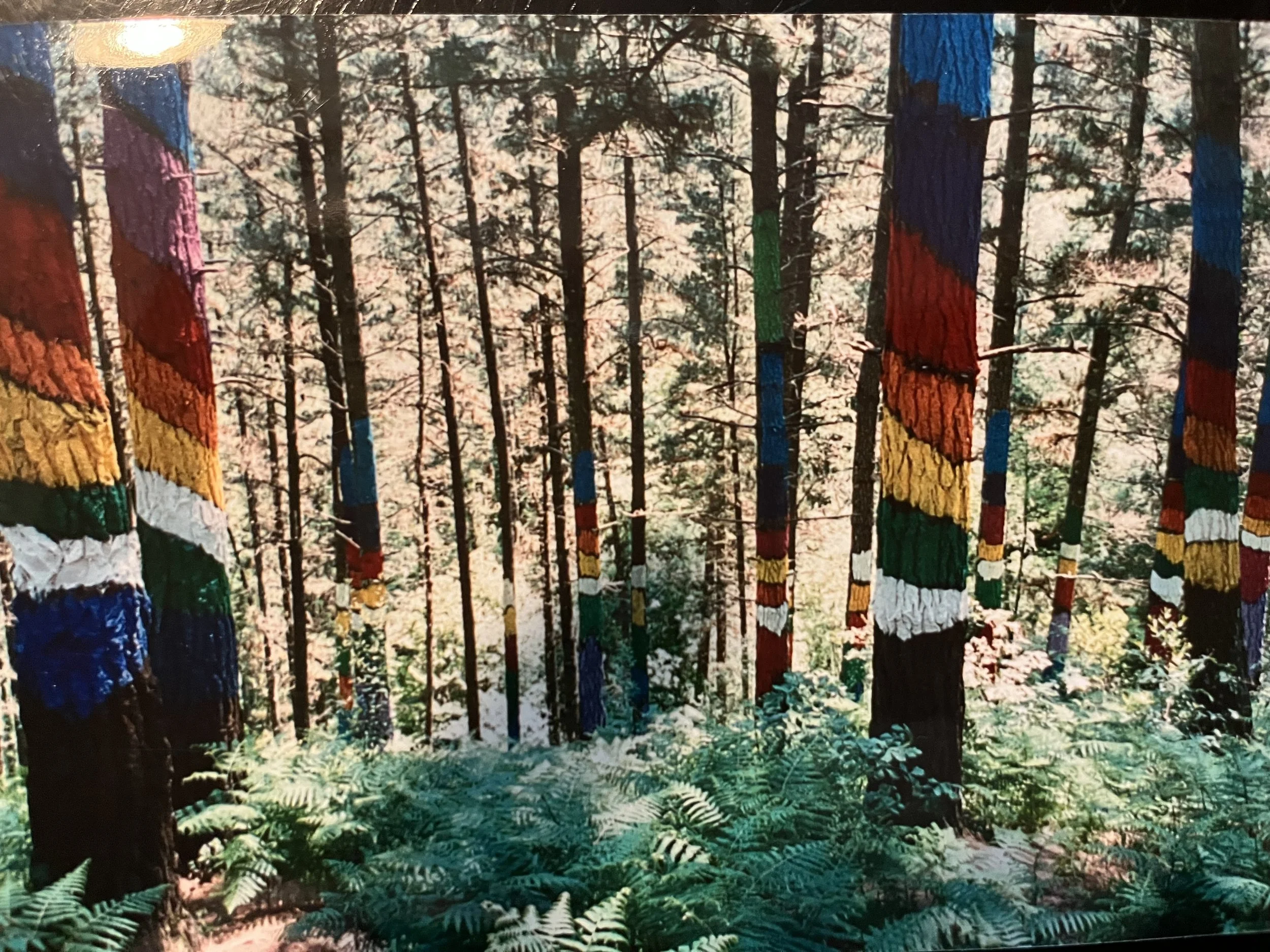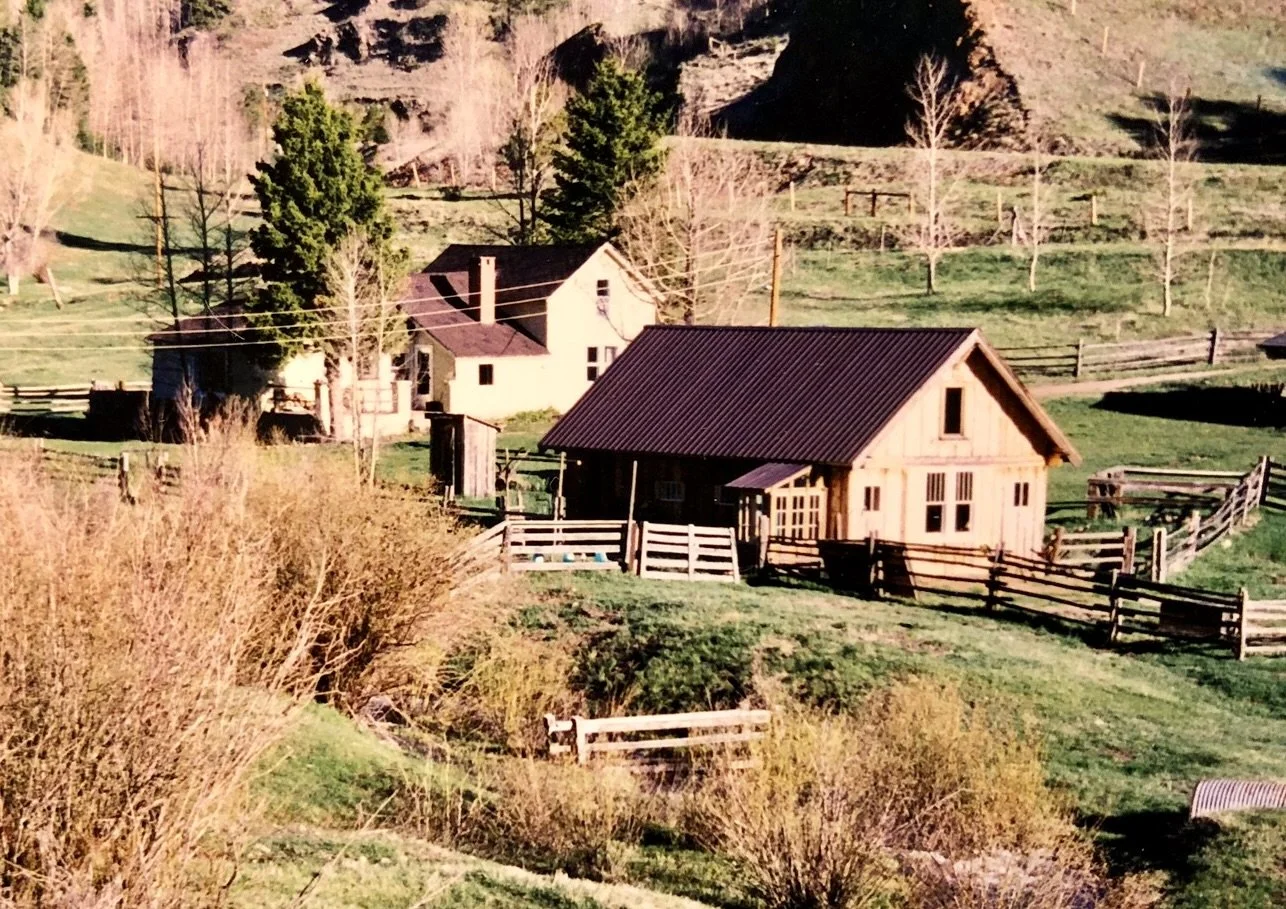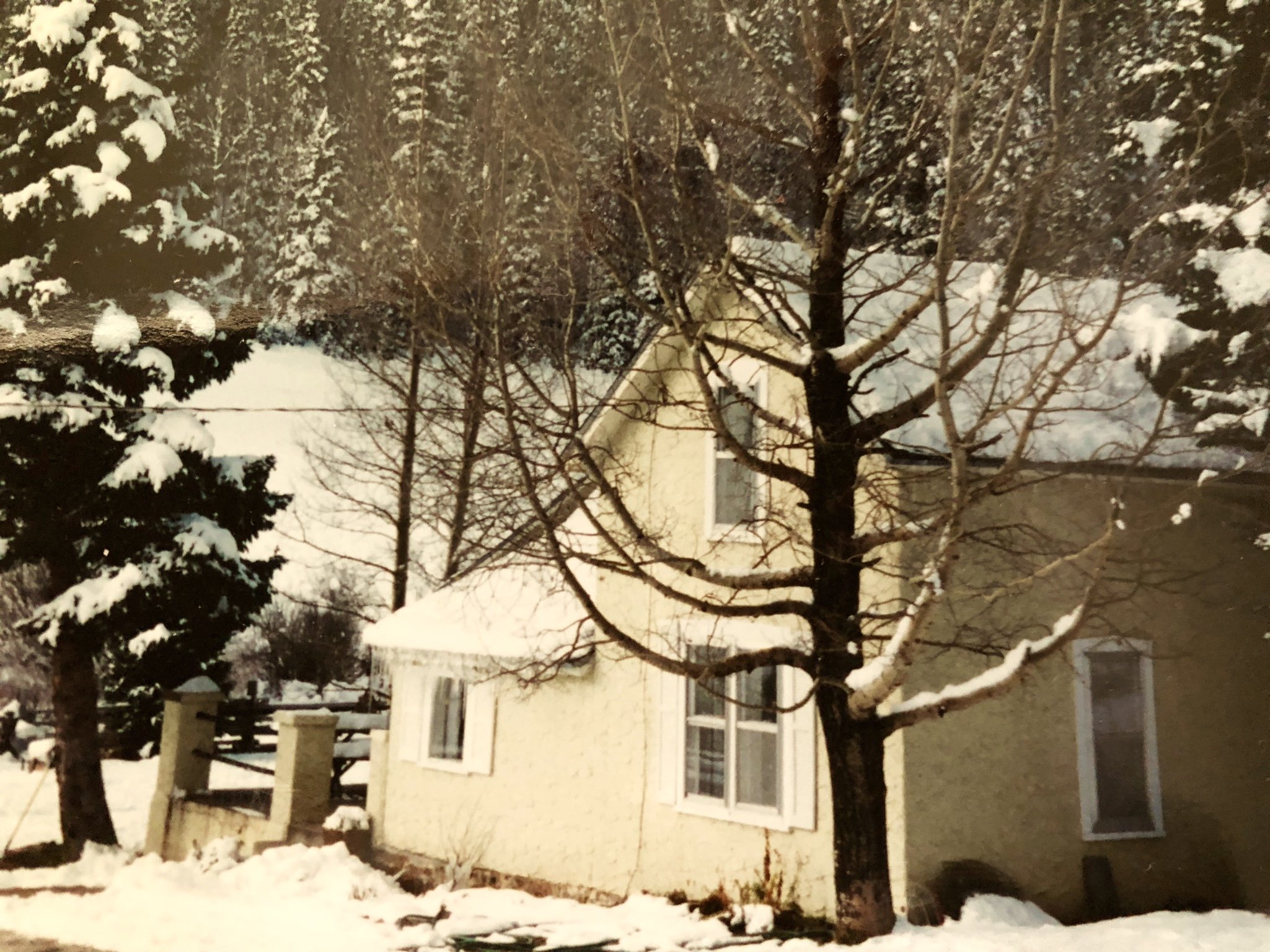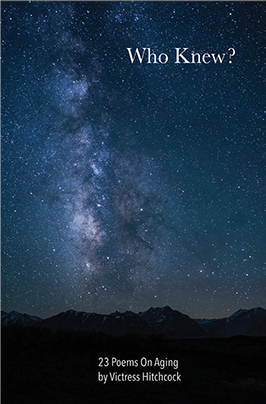
“ When you get quiet inside, the right words come a little easier.” — Maya Angelou
Writing of the Month
This is It For Real
Here is my question today: What would it be like to really live in the moment? To be fully here now? For real.
The question arose during my morning meditation, sitting up straight in my bed with thoughts flitting here and there like hummingbirds. I found myself following one train of thought that finally landed on next Thursday’s dance class at the senior center. I grabbed hold of an opinion about the smiles on the instructors faces, that dancers with heads held high exuding confidence and fake joie de vivre smile and I began to wonder if my judging mind was enough to keep me from going to class when suddenly the chatter stopped and the image of the room at the senior center with the smiling instructors and all of us old people trying our best to keep up dissolved and I was back in my bed, holding my still warm cup of tea in my lap. The candles flickered on the shrine. I sat still, awake, alive, aware of the space and shapes and out of the blue along came the question – What if Thursday never comes? What if I don’t make it to Thursday? What if this moment is truly all there is?
My good friend Cathy died on a Thursday sitting on the edge of her bed stepping into her pants, dressing for a birthday gathering set to happen in the house where she was housesitting. The blueberry peach crumble was still warm on the kitchen counter. She never got a bite of her creation, never tasted the tangy berries bursting in her mouth.
On the spiritual path I have heard the instruction to Be Here Now so many times I tune out just hearing the words. But this morning they came alive and vividly clear. The truth that there is no way of knowing what is ahead, no matter how much weight we put on the next step was so clear it stopped my mind. This moment, this black dot of ink dropping right now on this page is all there is there is no line no letter no word. Everything is arising and dissolving in an instant a nano second into space. This is all there is. And then this is all there is and this is all there is and it keeps flowing on and I settle into a sense of deep relaxation carrying me along here and now in my bed with my morning tea.
January 13, 1999 — Winter Weather
Now I understand camouflage. The scene from my picture window is camouflage, winter camouflage. I look up the word camouflage and discover it is from the French and therefore spelled camouflage and the verb that spawned it is to muffle, cover up. To conceal by changing appearance is the definition in the old Webster’s New World dictionary. I like the idea. The scenery is khaki grass and olive green trees. Watching from the kitchen table this morning I let myself sink into it, let the grey settle in and permeate the whole of my being. Let the spark of a blue jay landing on the birdfeeder like a drop of fresh paint on a drab palette pierce this muffled world. Even the dogs, blue heeler and Border collie mixes sitting sentinel on the winter lawn are grey and brown. The truck is two toned beige and brown. The weathered wood of the outhouse is the same color as the rocks. The bare aspen trunks are the same grey beige as the dead grass. It’s impossible to imagine all this as green. Green is concealed for months as the world changes appearance. For what reason? To rest, to protect, to numb, to sadden? What serves this purpose in the tropics where green and reds and pinks and yellows live forever? Passion blossoms in heat. Ignorance solidifies in icy cold. Anger is the border, the no man’s land. In Buddhism these three - passion, aggression and ignorance are what make the world go round. The seasons, our thoughts, whole continents spin through these currents.
In the city, the grey is punctuated by artificial color - stop signs, street signs, brightly colored automobiles, orange and blue Bronco’s jackets - to relieve the dullness. A shot of caffeine to jolt you out of the winter doldrums and get your pulse running again.
But here, if you wait ‘til evening, your patience is rewarded as the grass on the hillside gleams like gold, transformed in the last rays of the day and then crowned by pinks and pale blues as the sunsets.
Then, without warning in the night, the snow begins to swirl, blanketing the world in pure white. And, as the sun rises, it’s all new, a clean slate under a frosty sky. And you are snowed in and things get very still. The house hums, the dogs sigh in their sleep, the fire in the wood stove sputters. Quiet descends. There’s nowhere to go. No cars pass by. A time to drink tea and watch huge white flakes swirling silently around outside. Curling up and napping seems the natural thing to do. The anxiety of waiting for a storm to hit dissipates into emptiness. It’s easy to give up in a snowstorm. Something else is doing the work. When I was pregnant my body was fully occupied with the task of growing a being in my belly. There was no need to add any other tasks to that. My job was to relax and let it happen. With snow, my plans to do this or that can just be left hanging, without guilt. I feel the same deep pregnant ease permeate my being.
Learn more about A Tree with My Name on It: Finding a Way Home
Poetry Books Available for Purchase
Who Knew? 23 Poems on Aging
Who Knew? is a new collection of twenty three poems celebrating the joys and sorrows of aging. Through unflinching and loving attention, Victress Hitchcock shares her journey of discovery through the sometimes hilarious, often heartbreaking, always surprising world of getting older.
“This little book of poetry is an intimate and insightful exploration of aging.”
- Frank Ostaseski author of The Five Invitations: Discovering What Death Can Teach Us About Living Fully
“What fun, sharp, a little outrageous but undeniably true and just liberating poetry!!”
- Johanna Demetrakas, director of Feminists What Were They Thinking
Available for purchase on Amazon
Whoosh Stripped Bare
“In the spirit of Mary Oliver, whose poems helped me forget my day-to-day problems and connect with the magic of existence, Victress Hitchcock’s new poetry book brings me pure joy, like chocolate for my soul.” – From the foreword by Anam Thubten author of No Self, No Problem and Choosing Compassion.
“Vivid, moving, and wise, this collection of poems offers an abundance of delights and surprises.”
- Olivia Ames Hoblitzelle, author of Aging with Wisdom: Reflections, Stories & Teachings
“A heartful, fluid appreciation of life in and as radiant glimpses.”
- Reed Bye, retired Chair of Writing and Poetics at Naropa
Available for purchase on Amazon
Hello Honey: Eighteen Poems from the Path
A joyful collection of poems and images that celebrates fifty years of being on the Buddhist path.
“As if harkening to us through the title itself, “Hello Honey”, author Victress Hitchcock lovingly invites us into a sweet and intimate tapestry of reflections, poetry, and images.” — Elizabeth Mattis Namgyel, author of The Logic of Faith
“The poems trigger an awareness and longing that is truly precious.”
- Lama Tsultrim Allione author of Wisdom Rising: Journey into the Mandala of the Empowered Feminine
Hello Honey is now available at Blurb Bookstore.





